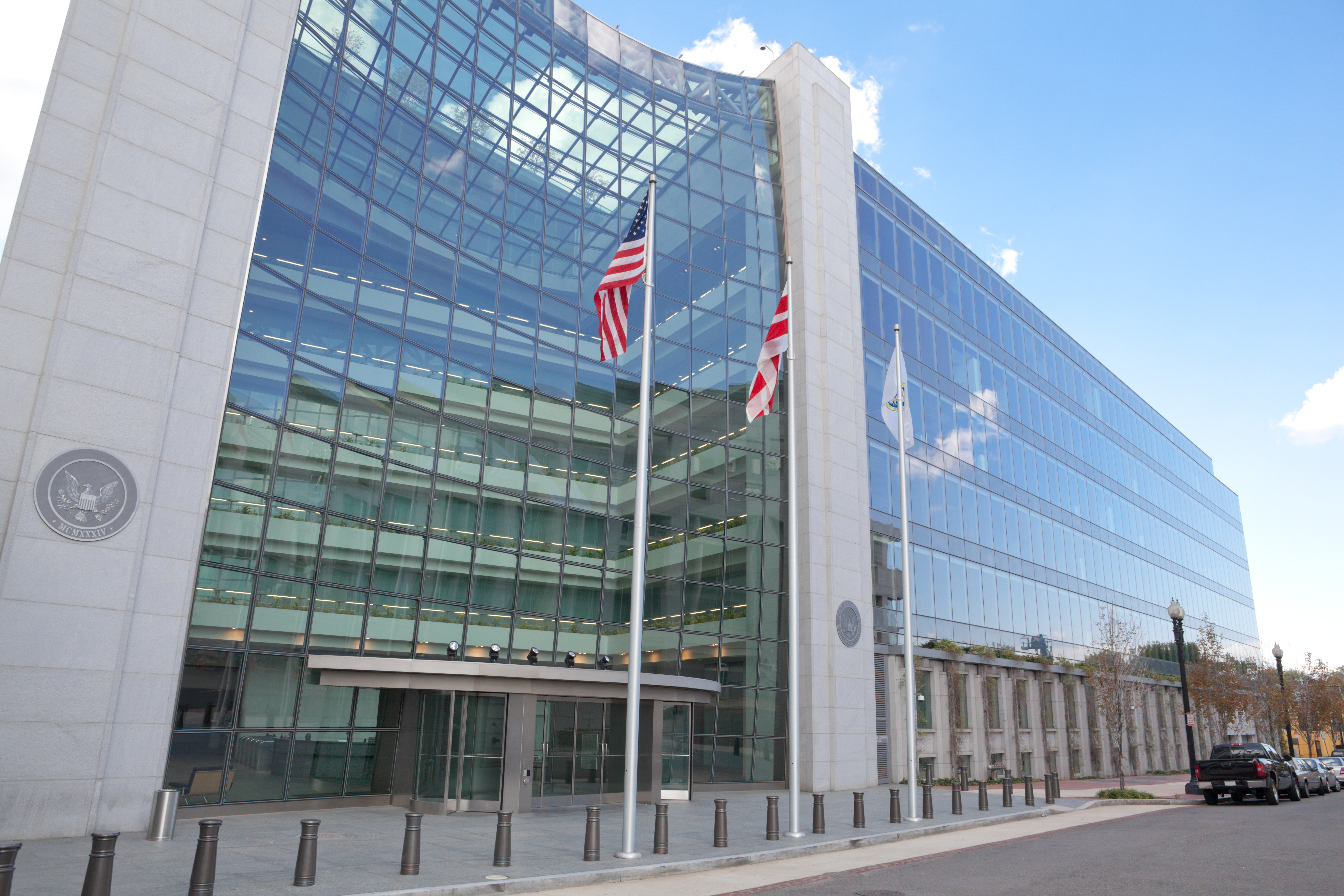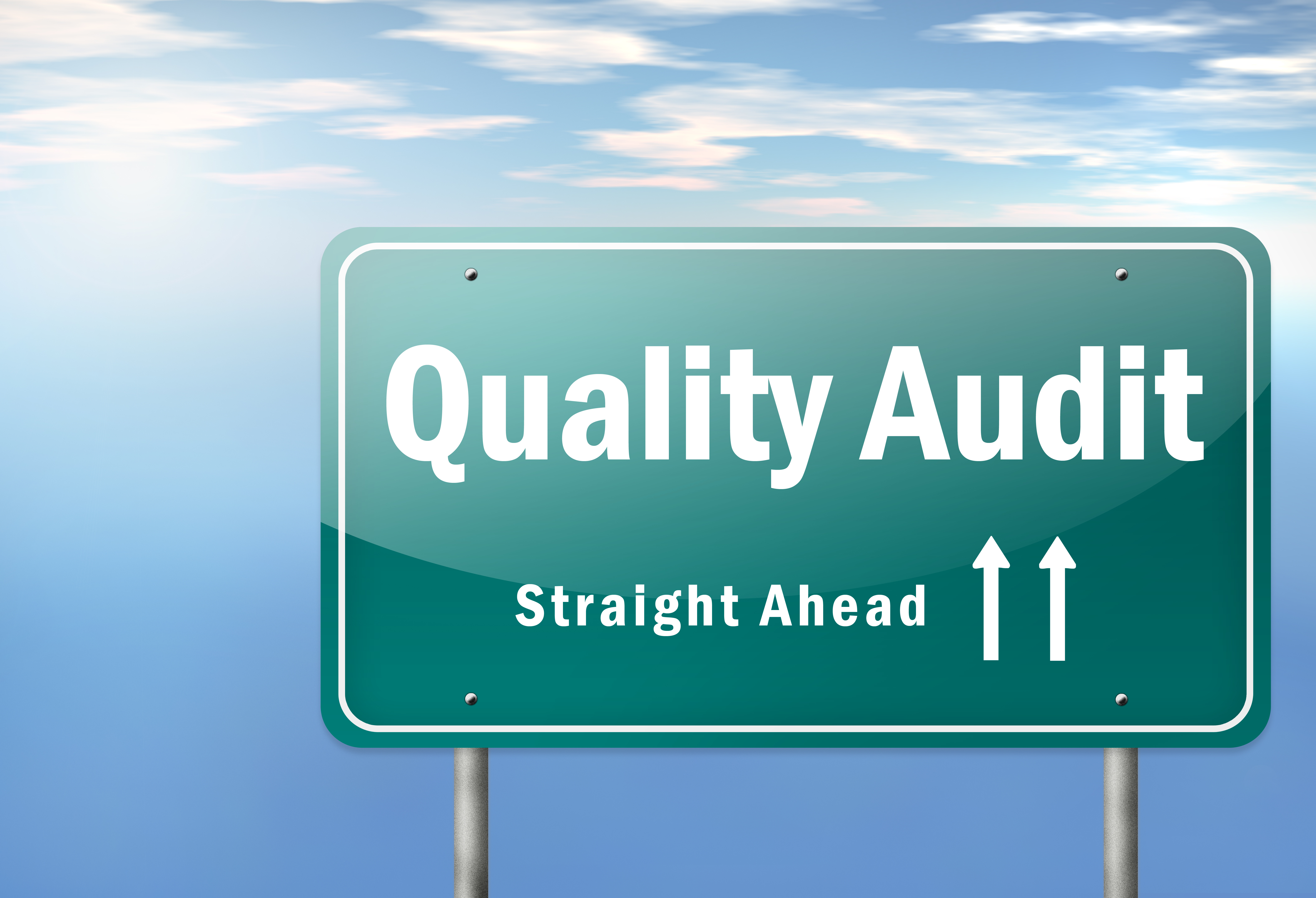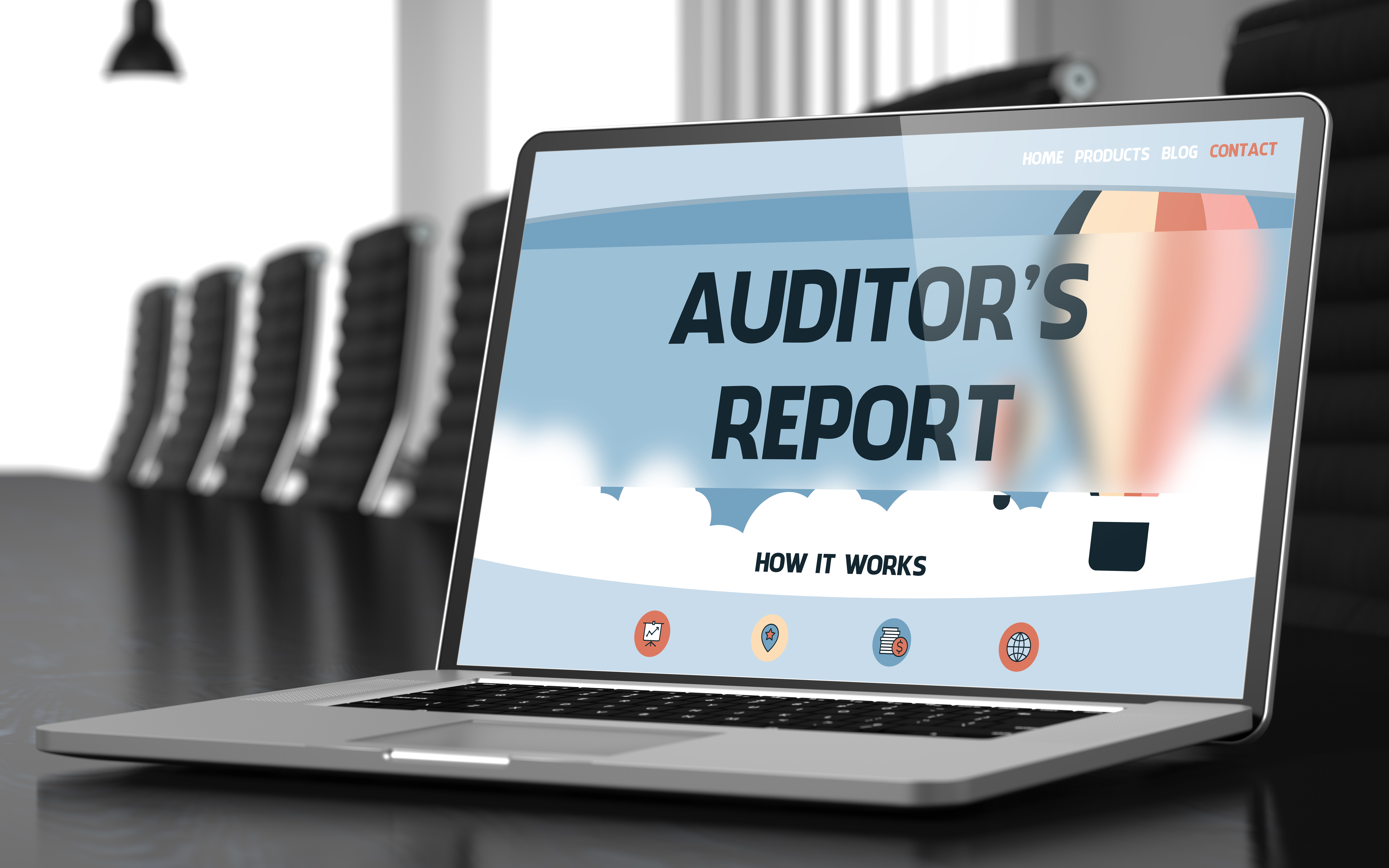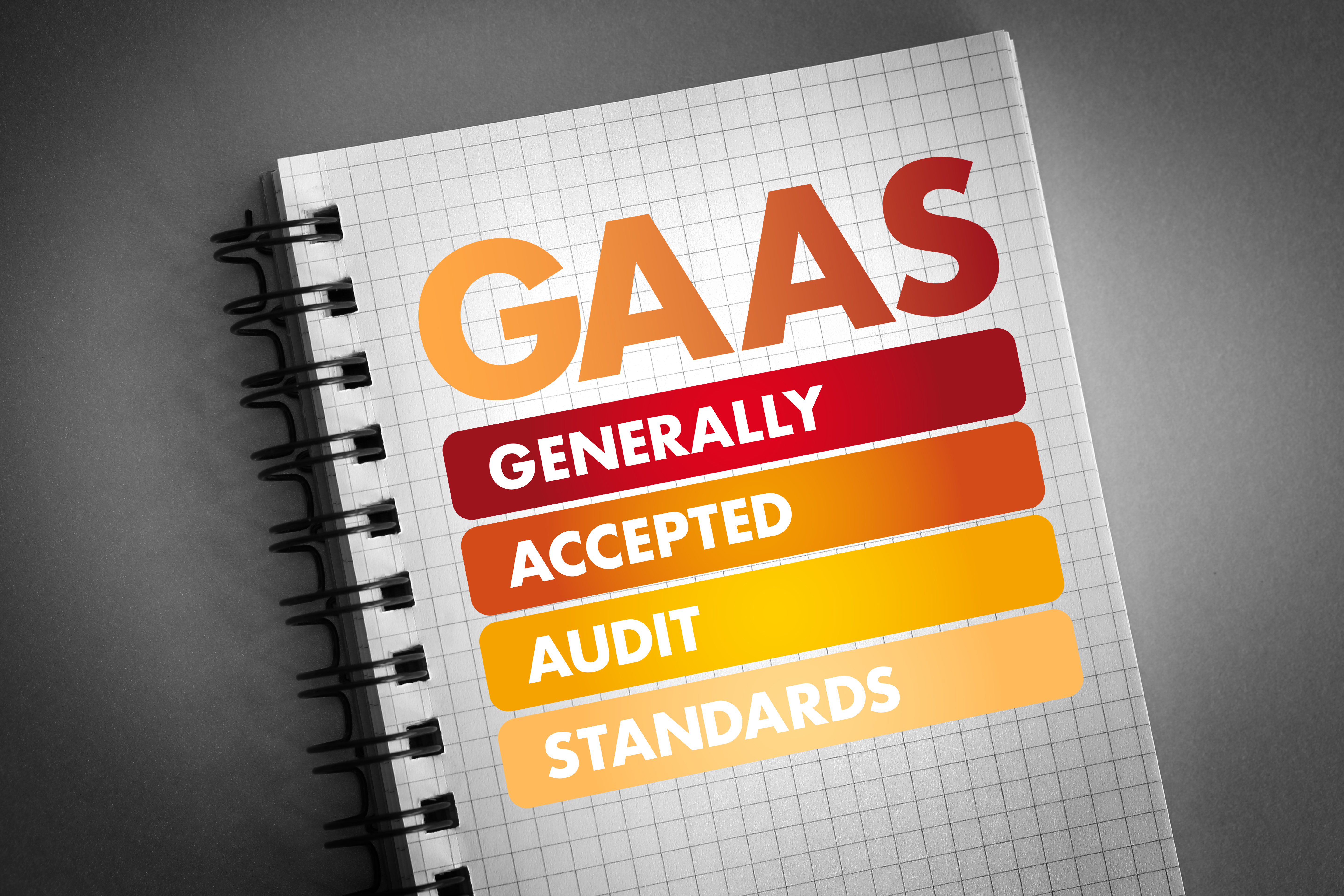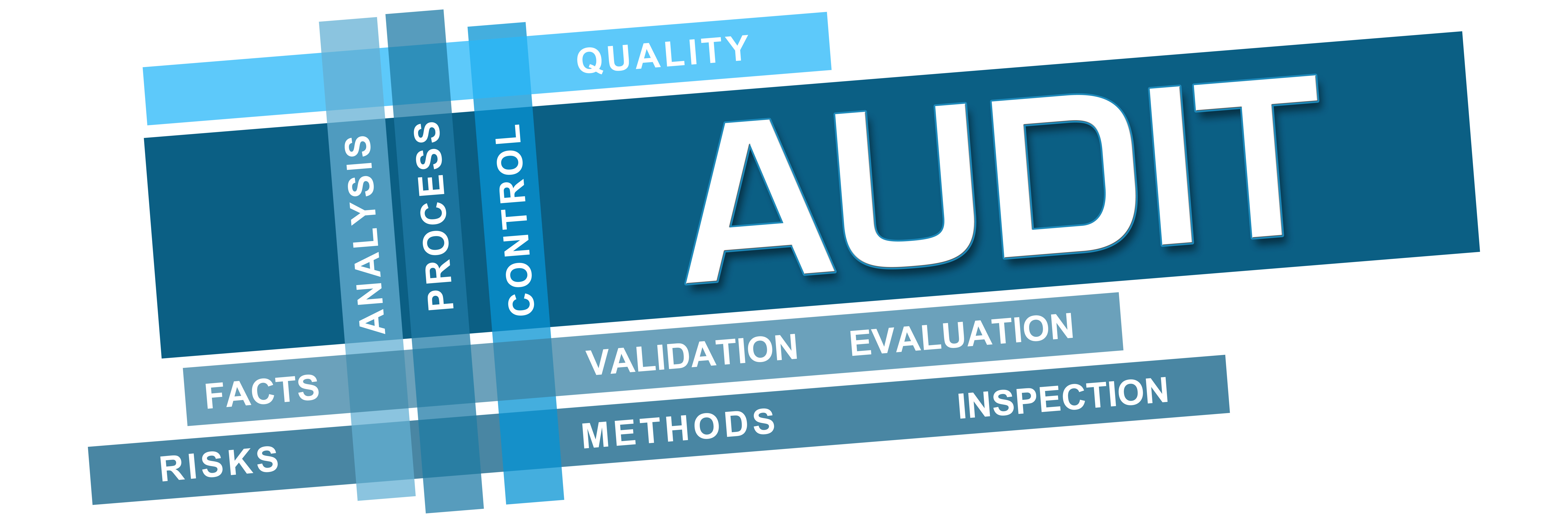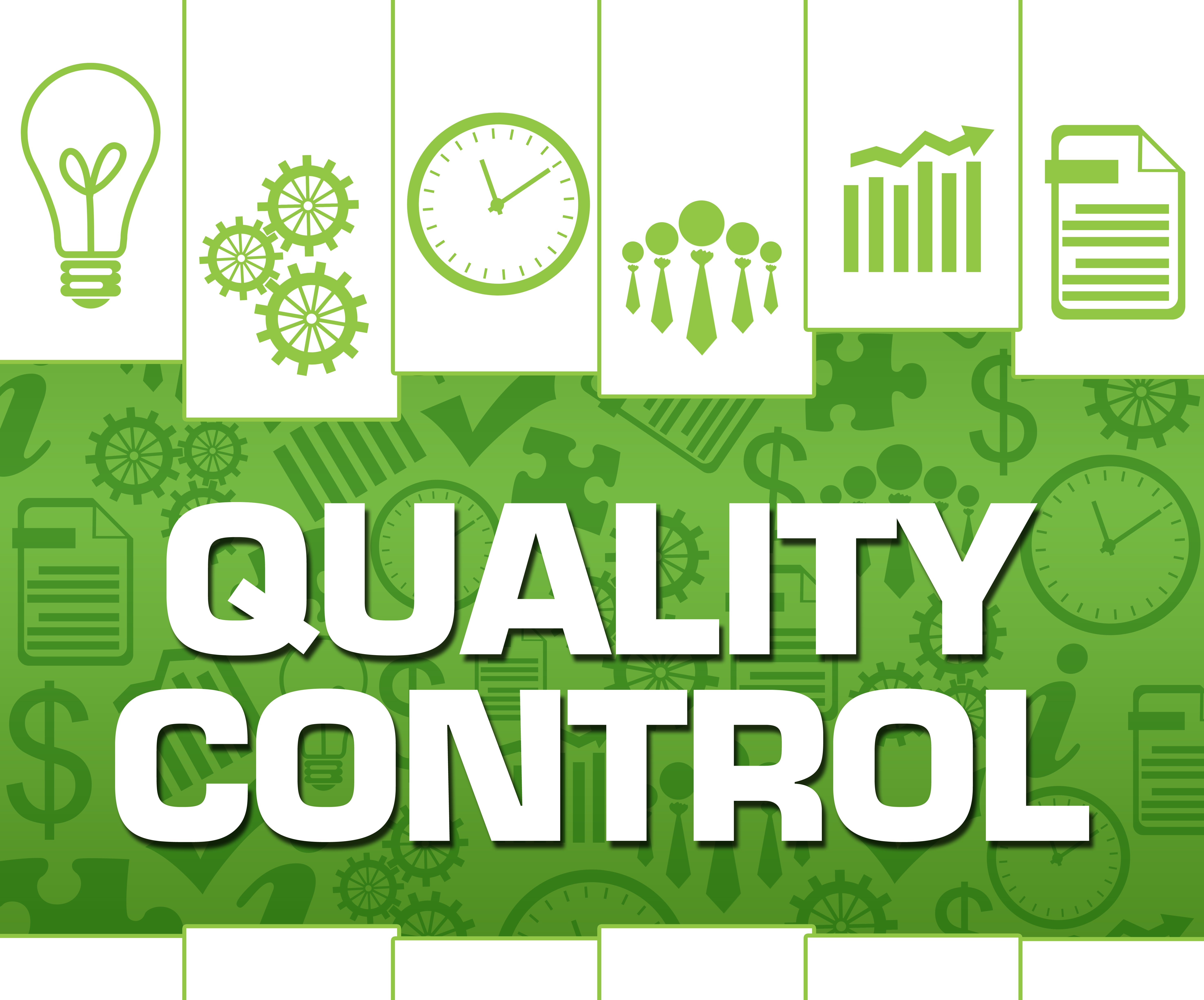Articles for CPAs during the pandemic.
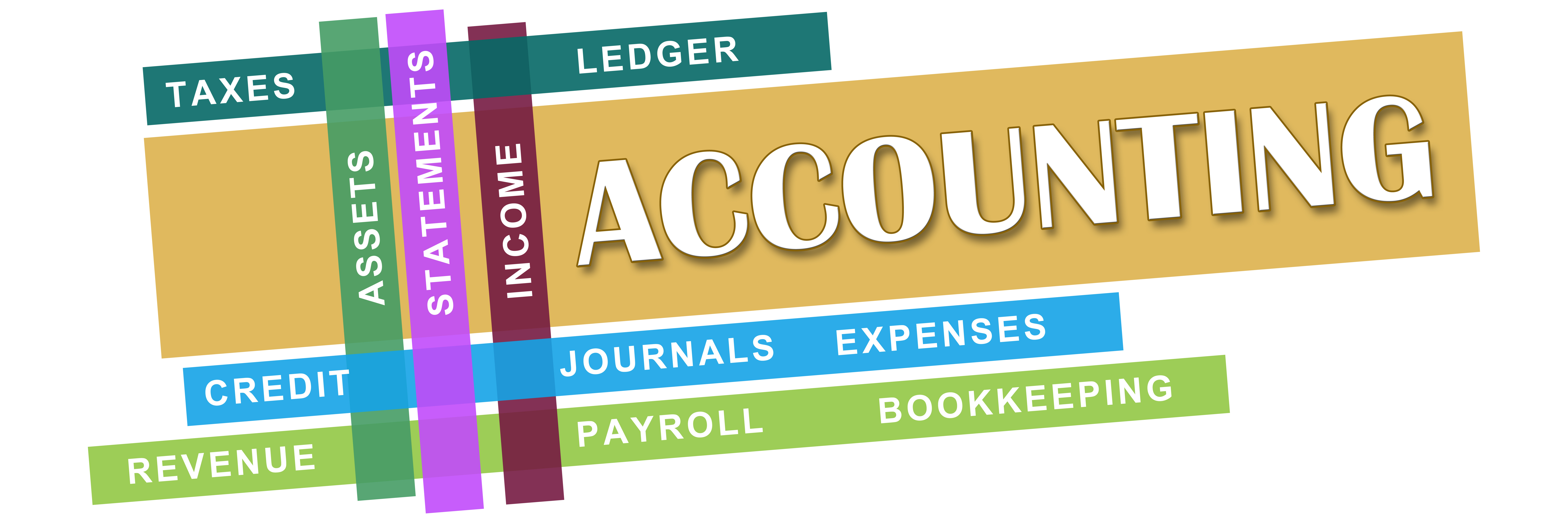
Lots of articles are appearing that can help CPAs during the pandemic. There are new and depressingly creative ways this is going to affect financial reporting. I’ll start mentioning some of those articles that grab my attention and may be of interest to you.
3/31/20 – FEI Daily – How Lease Accounting Will Be Affected by Coronavirus – Turmoil in leasing office space will create lots of complications under ASC 842, the new lease accounting rules. Article calls attention to: rent concessions, discount rate, fair market values, impairment, partial termination, reassessment, full termination abandonment, and information delay.
3/29/20 – Forbes – For Higher Education, Nothing Matters More Than September – …
Articles for CPAs during the pandemic. Read More »



